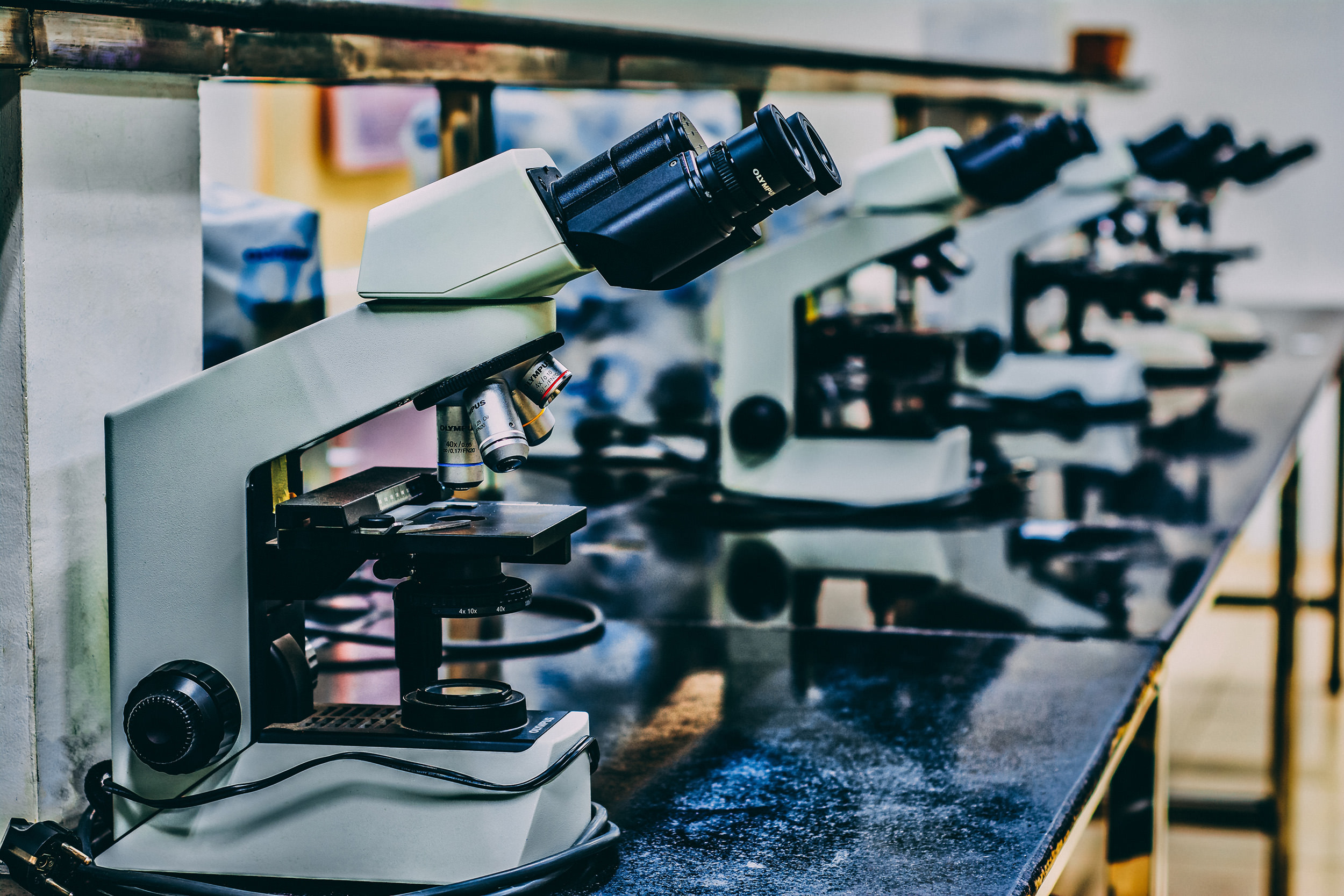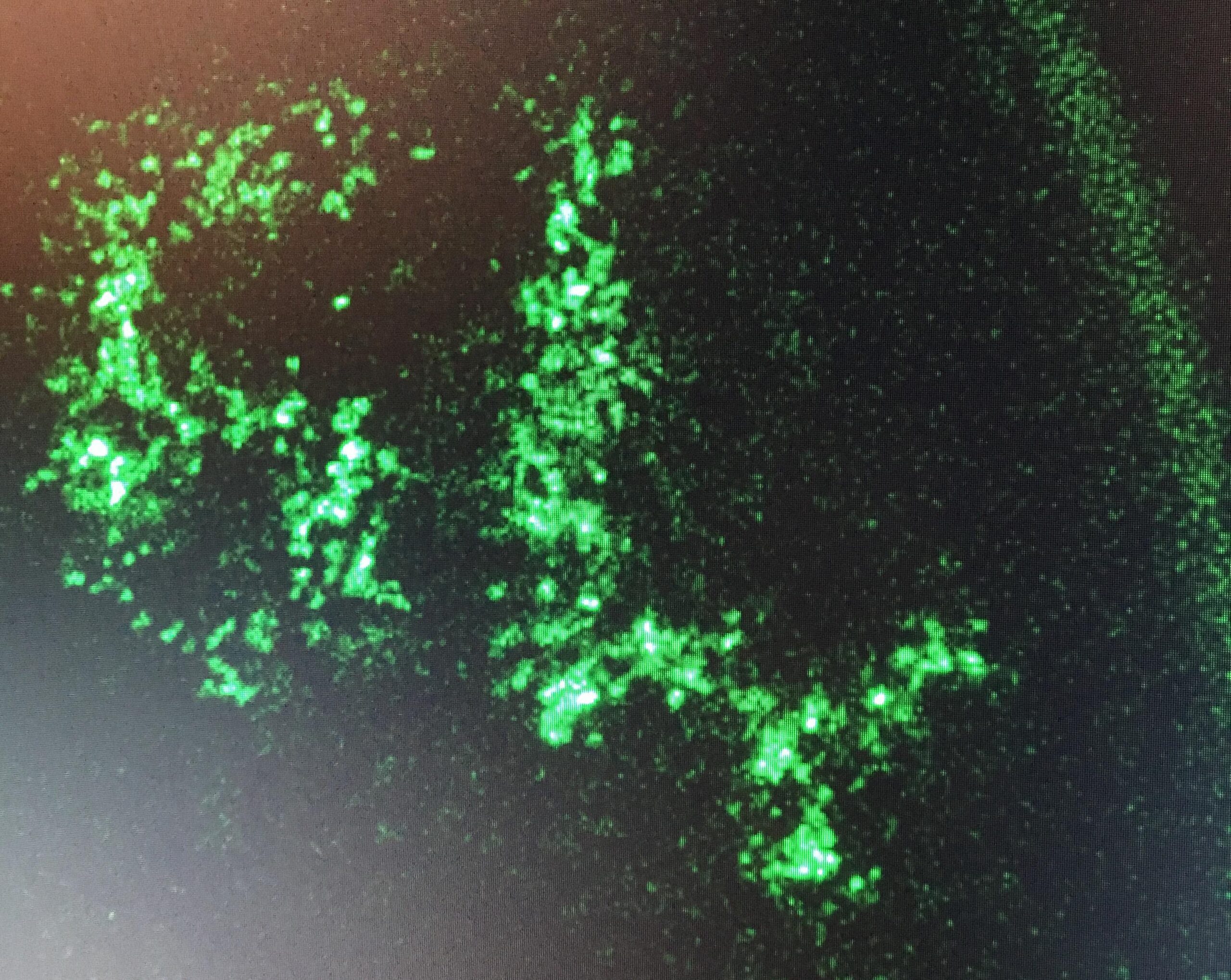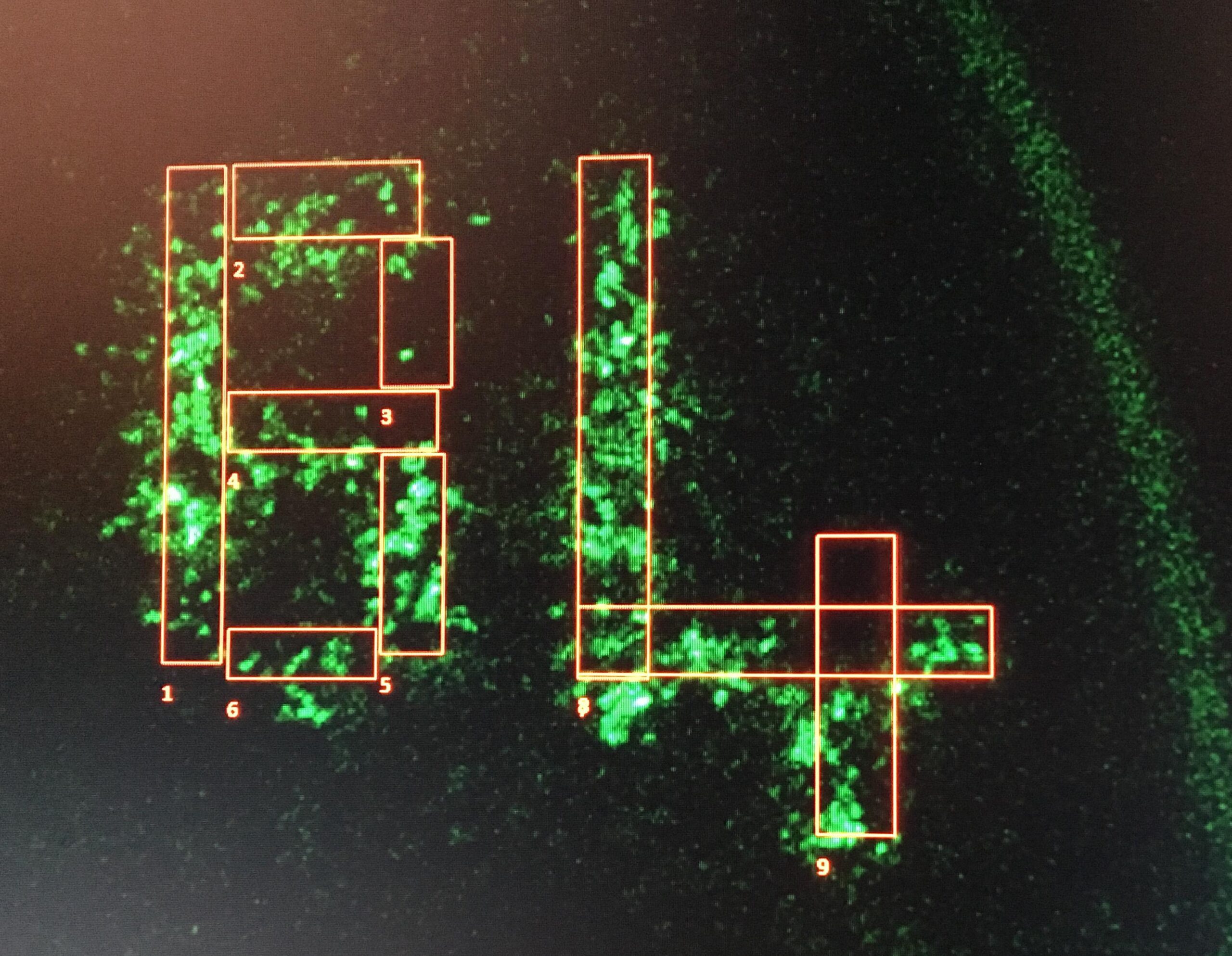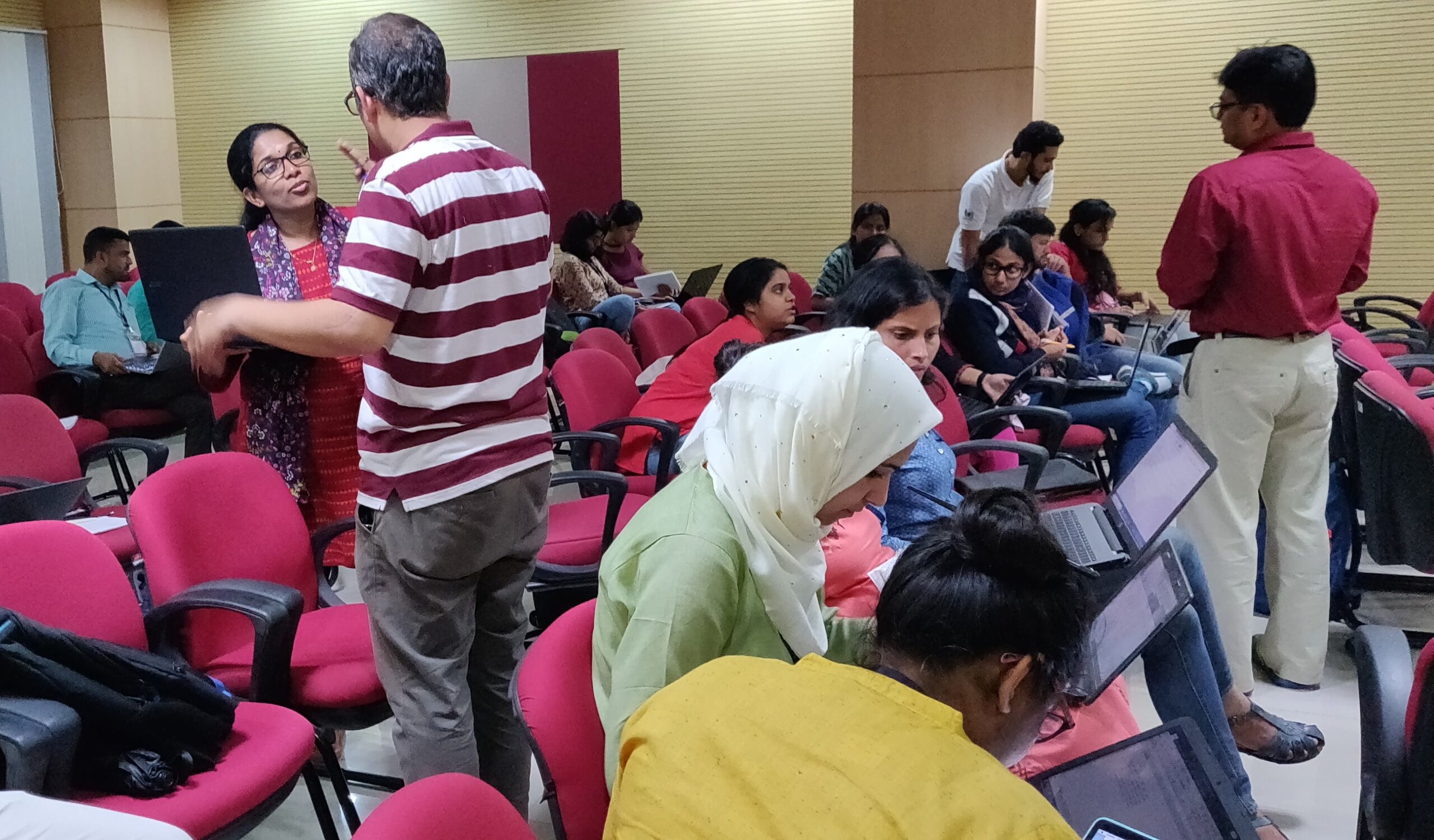
The Mittal Institute’s Building Bharat-Boston Biosciences (B4) program works to establish connections between institutions in India and Boston to promote scientific research and build new knowledge in the field of biosciences. Each year, the B4 program holds two workshops in India that convenes a group of talented Indian university students and introduces them to the latest developments in the life sciences. Over the summer, one of these workshops was hosted at IISER in Pune as part of the program, bringing in 25 students from universities and institutions all across India to receive training from experts in Advanced Light Microscopy techniques, ranging from basic microscopy to super-resolution imaging.
During the workshop, the students attended lectures given by eminent scientists from Harvard University and other faculty from various institutions across India. In hands-on experiments in the lab, students learned bright field, epifluorescence, confocal, multi-photon, super resolution STED, airy scan, and TIRF microscopy techniques, as well as DNA/RNA labeling and image analysis. Using these newly learned techniques, the students began imaging and analyzing cells and sub-cellular organelles.


The above bioimages were generated by the workshop participants, using fruit fly embryos to study mitochondrial mobility. By activating green fluorescent protein (GFP) as a tool to visualize processes at the molecular and cellular level, the students marked a “Region of Interest” (ROI) in the shape of a “B4,” which can be seen in the green fluorescence above.
“The B4 Bioimaging Workshop was genuinely one of the best workshops I have attended, where I could get a platform to have a flavor of various microscopy techniques. The learning experience was amazing because of the interesting and informative lectures by topmost academics, free discussion with them, image analysis, and hands-on learning sessions. Exchanging ideas with others and the hands-on experience is really going to help my PhD project design and future endeavors,” said Monika Sharma, a doctoral student at NIPER, Ahmedabad.

“This is the first time I’m part of this event that encompasses the different aspects of modern microscopy and their practical applications. The sessions were organized in a certain chronological order that almost matched the historical timeline of microscopy/technical advancements,” said Nitin Mohan, Assistant Professor at IIT Kanpur and a lecturer at the workshop. “It has helped the students understand how the field has evolved — and where it’s headed.”
At a lecture during the 2-week workshop, the students were connected with stakeholders in academia and industry who share a common interest in bioimaging, including Richa Rikhy (IISER, Pune), Krishnamurthy (NCBS, Blore), Manoj Manna (Leica Microsystems, Delhi), Rishi Kant (Zeiss, Bangalore), Ganesh Kadasoor (Olympus, Bangalore), and Venkatesh Murthy (Harvard University). Through this discussion, the students learned more about the possible career opportunities they can pursue in the life sciences industry.
————-
The B4 Program is funded by the Department of Biotechnology (DBT) within the Government of India and is a collaboration between the Lakshmi Mittal and Family South Asia Institute at Harvard University; IISER, Pune; and IBAB, Bengaluru.
